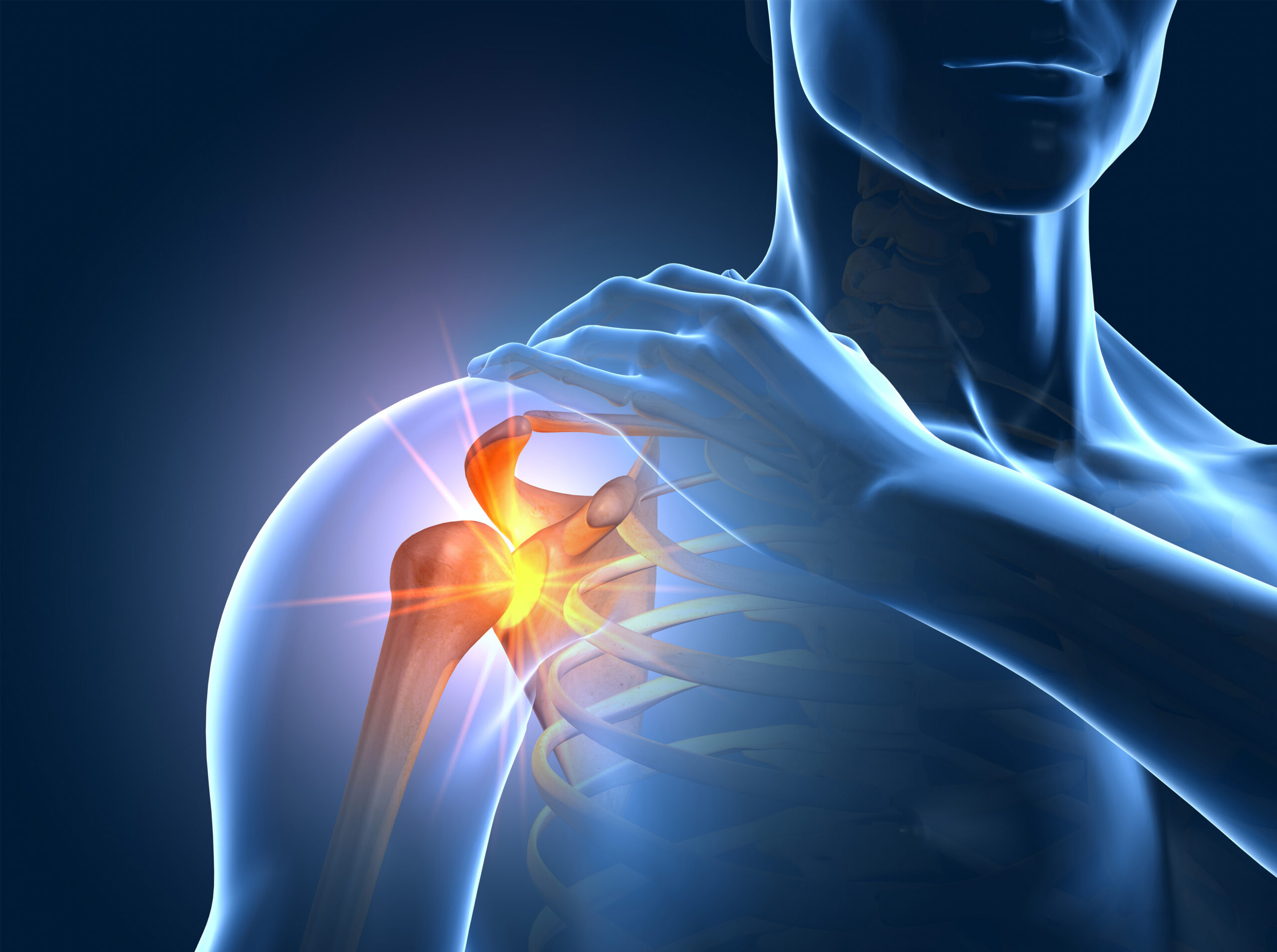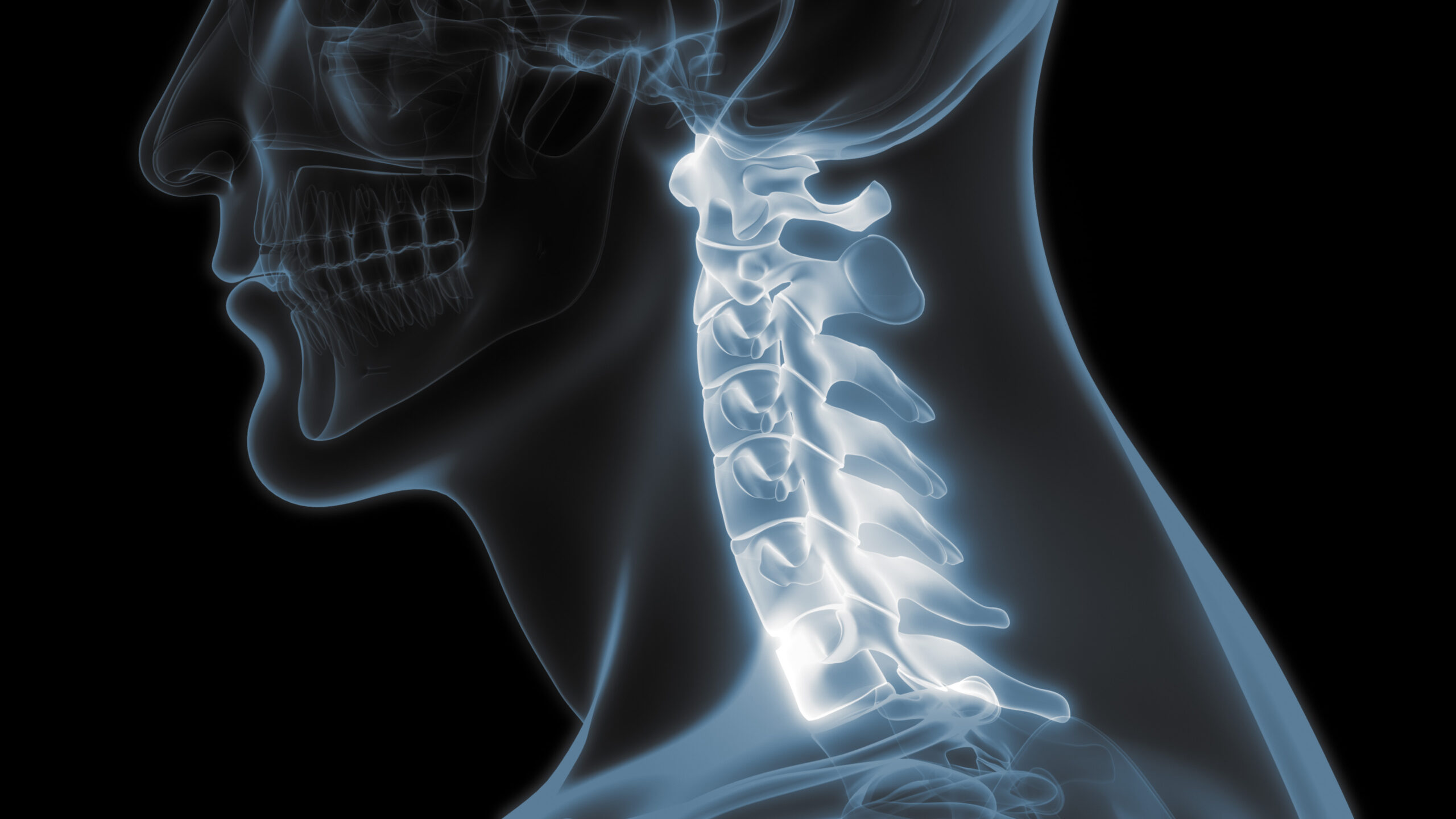Accelerated Recovery Knee Replacement Surgery
Welcome to a Medical Minute segment with fellowship-trained, board-certified Joint Replacement Surgeon, Dr. Michael Feign, DO of Colorado Springs Orthopedic Group (CSOG). Join Dr. Feign as he discusses accelerated recovery knee replacement surgery and how technology advancements of Total Knee Replacement have accelerated the recovery processes as well as how to determine a successful surgery. Learn more about how to schedule an initial consultation with one of the Joint Replacement Specialists within the Comprehensive Joint Replacement program at CSOG.
Within the last 15 years, there have been many innovative technological advancements specific to Total Knee Replacement procedures. Since their initial development, a knee replacement surgery generally entails resurfacing an arthritic surface by placing an implant on top of the surface, providing the patient with better mobility, smoother motion within the joint, and less overall pain. With a 96-98% success rate, these procedures are used to help qualified patients get back to the activities they love to do as quickly as possible. The method of replacing an arthritic joint with an implant has not changed significantly in recent years however, advances in the material used for implants and the customization of each implant have shown to drastically improve patient outcomes when accompanied by advancements within pre- and post-operative patient care.
With traditional procedure technologies, patients were required to stay within the surgical facility for upwards of 5-6 days after surgery with little to no movement or physical therapy performed during at least the first 3-4 days. Now, with new technological advancements, patients may be required to stay at the facility for one night, with many patients capable of going home on the same day. This allows for those patients to recover in the comfort of their own home. In most cases, patients will now move around and perform low intensity physical therapy just hours after surgery. Incorporating this movement immediately after surgery is a key piece in initiating the recovery process.
The most influential changes within Total Joint Replacement procedures and the piece that has helped accelerate the recovery process, has been advancements within individualizing pre- and post-operative patient care. These advancements include how surgeons are able to prepare and customize implants prior to surgery, improvement within the process of preparing the patient for surgery when administering anesthesia, optimizing the patient’s health, strength and mobility before surgery through individually prescribed physical therapy, as well as improvements in post-operative pain management through the use of temporary nerve blocks and pain pumps.
Even though the outcome of these surgeries has been great for many years, Dr. Feign and his team are always trying to improve techniques to ensure the best outcomes and overall patient satisfaction. Measurement of a successful procedure can vary from physician to physician. Dr. Feign believes success occurs through use of a quality implant, the surgeon being well trained, the implant being well balanced, the right size and right positioning for the patient, as well as optimizing the patient and their individual needs to obtain their most optimal health. He personally measures a procedure’s success by frequently checking in with patients, even years after their procedure, and ensuring that same person is doing well with the same knee replacement and continues to do so 10 -15 years down the road.
The average recovery time for a knee replacement generally takes about one year. Within two to three months, most patients are back to doing normal day to day activities without assistance from others.
For more information or to schedule an appointment with one of the Joint Replacement Specialists of the Comprehensive Joint Replacement Program at Colorado Springs Orthopaedic Group, call (719) 632-7669 or visit www.CSOG.net.


